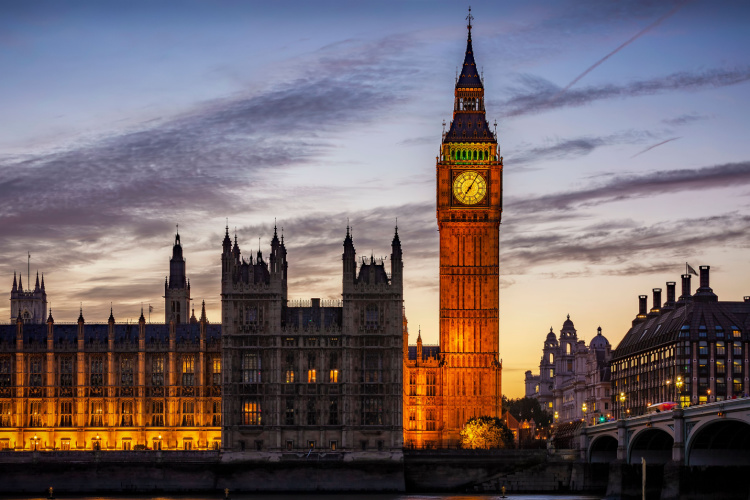On Thursday 26 March, Chancellor Rishi Sunak made his long-awaited statement about the Covid-19 government support scheme for the self-employed, called the Self-employment Income Support Scheme (SEISS). Reports suggest that the announcement had been slow to arrive because of the greater difficulty in structuring and running a scheme that relied on annual information (via tax returns) and could not operate via the PAYE system.
Main provisions for the self-employed
The main points from the Chancellor’s statement and accompanying press release are:
- The SEISS will pay a directly payable taxable grant to the self-employed (including members of partnerships) based on 80% of profits averaged over the last three tax years (or shorter periods if self-employment started after 2016/17), subject to a maximum of £2,500 a month. In a recent briefing note from the Institute for Fiscal Studies, it was suggested that the £2,500 figure (which also applies to the employees’ Job Retention Scheme) is the maximum payment that will be made, not the maximum earnings that are protected, i.e. 80% of up to £37,500 of profits ([£37,500 x 80%] /12 = £2,500) will be covered.
- The initial payment term of the SEISS grant will be “at least three months”.
- The payment of the grant will not prevent the claimant from continuing to work.
- The SEISS will be restricted in three ways:
- Self-employment must provide the majority of the claimant’s income. It is unclear how this is calculated.
- Trading profits either:
- are less than £50,000 in 2018/19; or
- trading profit was less than £50,000 averaged over the three tax years from 2016/17.
According to the Chancellor, these thresholds mean the scheme covers 95% of the self-employed. The corollary is that it creates a cliff edge at £50,000, a figure that appears elsewhere in the tax system (e.g. the higher rate tax threshold).
- The claimant must have submitted a 2019 tax return (covering the 2018/19 tax year). As a concession, any later filer will have four weeks to submit their overdue return if they wish to be included in the scheme.
HMRC will use their existing information to assess eligibility and contact individuals directly, requesting completion of “a simple online form”. A gov.uk webpage gives more details, but is somewhat confusingly headed “Claim a grant through the coronavirus (COVID-19) Self-employment Income Support Scheme”. The “don’t call us, we’ll call you” approach is aimed at preventing HMRC being overwhelmed with telephone queries, as has happened with the DWP’s Universal Credit system.
- Payments from HMRC should start at the beginning of June. The initial sum will represent three months’ cumulative payments. Until then the self-employed can claim Universal Credit. In his statement the Chancellor said Universal Credit could give a self-employed person with a non-working partner and two children, living in the social rented sector, support of up to £1,800 a month.
- Anyone whose self-employment started after 5 April 2019 and thus has no self-employed earnings recorded with HMRC cannot benefit from the scheme and must rely on Universal Credit.
- Those who operate through one person companies are not covered by the scheme as, despite the media label often given to them, they are not self-employed. The Treasury press release states that such people “will be covered for their salary by the Coronavirus Job Retention Scheme if they are operating PAYE schemes”. The use of the word ‘salary’ is key here, as many one person companies route the bulk of their employee’s remuneration via dividends to reduce National Insurance liabilities.
In his closing remarks the Chancellor noted that “…in devising this scheme … it is now much harder to justify the inconsistent contributions between people of different employment statuses”. This was a subtle way of suggesting that National Insurance contributions will have to rise for the self-employed once the crisis is over.
Coronavirus Act
The day before the Chancellor’s latest statement, the Coronavirus Act 2020 received Royal Assent. This 348-page Act deals with a broad range of Covid-19 related measures (many of which exclude Scotland because of its devolved powers), including:
- Food supply.
- Statutory Sick Pay (SSP) modifications, e.g. funding of the employer’s liabilities.
- Suspension of the complex abatement rules that either reduce or suspend NHS pensions on an individual’s return to work.
- Uprating of working tax credit.
- Protection from eviction for residential tenancies to 30 September 2020.
- Protection from forfeiture for commercial tenancies to 30 June 2020.
The explanatory notes for the original Bill (introduced on 19 March ) are here.
Updated government Covid-19 guidance on business support is here and for employees is here.





